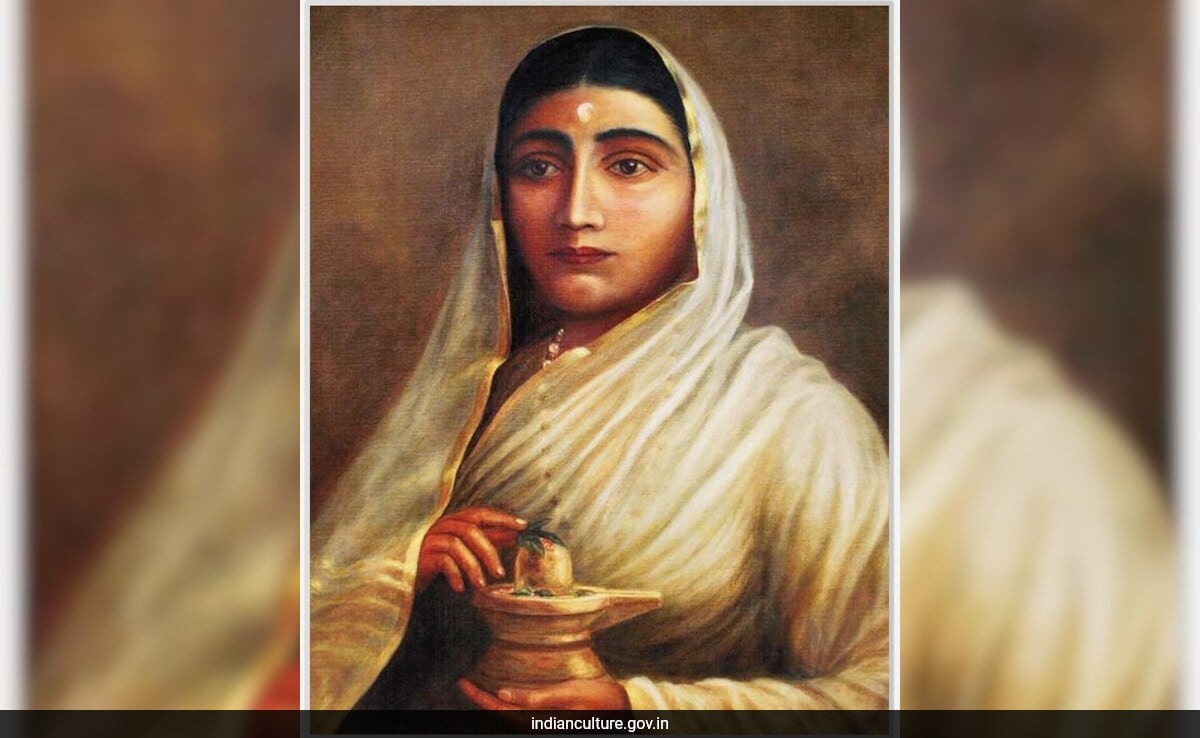
Follow WOWNEWS 24x7 on:
Updated: June 01, 2025 18:23

India commemorates the legacy of Ahilyabai Holkar, the revered queen of the Malwa kingdom, whose leadership, philanthropy, and governance shaped the country’s heritage. As the nation marks 300 years since her birth, historians and scholars reflect on her extraordinary contributions to architecture, administration, and social reform.
Early Life and Rise to Power
- Born in 1725 in Chaundi, Maharashtra, Ahilyabai Holkar defied societal norms to emerge as one of India’s most respected rulers
- She was married into the Holkar dynasty, but after the deaths of her husband and father-in-law, she ascended the throne in 1767
- Her reign lasted nearly three decades, during which she transformed Malwa into a prosperous and well-administered region
Architectural and Cultural Contributions
- Ahilyabai Holkar is credited with restoring and constructing numerous temples across India, including the Kashi Vishwanath Temple in Varanasi and shrines in Dwarka, Somnath, and Rameswaram
- She established dharamshalas, ghats, and wells, ensuring accessibility for pilgrims and travelers
- Her patronage extended to artisans and weavers, particularly in Maheshwar, where she promoted the production of Maheshwari saris
Administrative Reforms and Governance
- Ahilyabai implemented a decentralized governance model, allowing village self-rule and ensuring fair taxation policies
- She personally oversaw judicial matters, conducting daily public hearings to address grievances
- Her leadership was marked by transparency, ethical governance, and a commitment to social welfare
Legacy and Continued Influence
- Ahilyabai Holkar’s contributions remain a blueprint for leadership rooted in justice and service
- Her reign is remembered for its emphasis on inclusivity, economic stability, and cultural preservation
- Historians regard her as one of India’s most progressive rulers, whose impact continues to inspire generations
Sources: NDTV, Free Press Journal, Daily Pioneer


